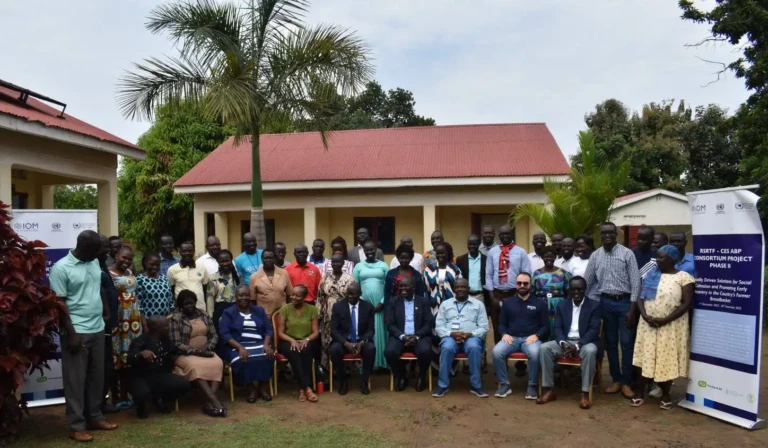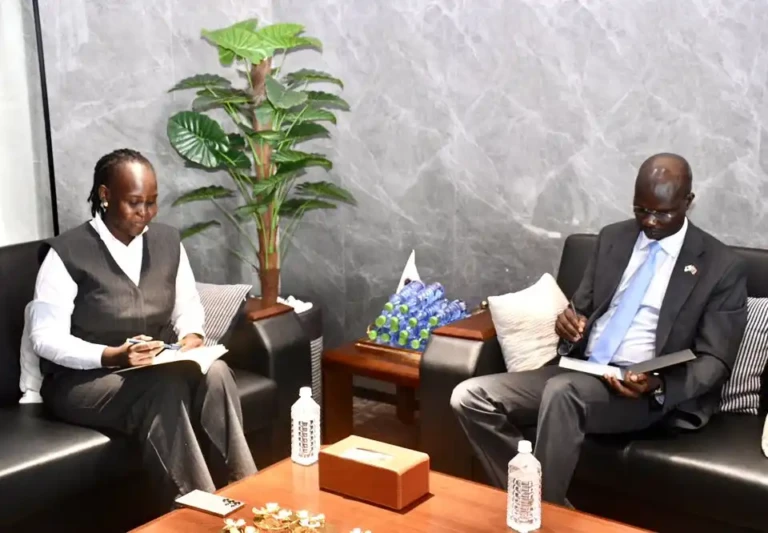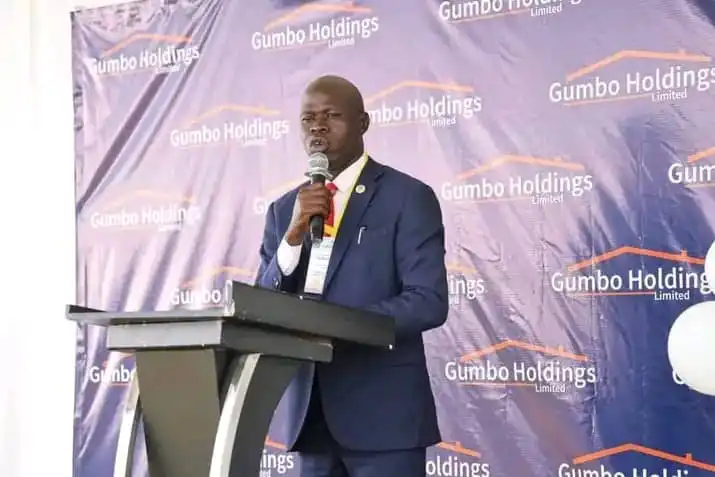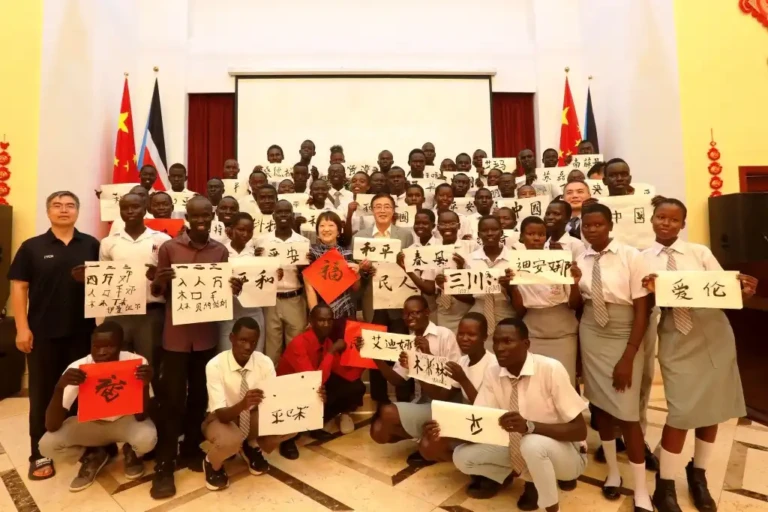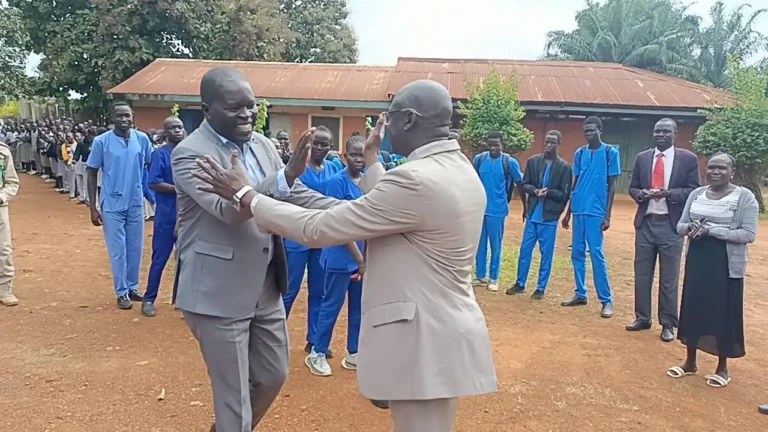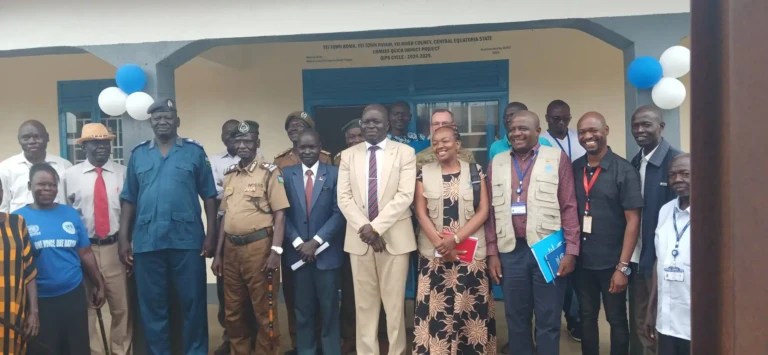
Elections at Risk Without Security and Funding Reforms/Photo: Radio Miraya
(JUBA) – A prominent civil society organisation in South Sudan has urged the country’s Transitional National Legislature to prioritise electoral and governance reforms when it reconvenes this week, warning that continued delays could put the scheduled December 2026 elections at risk.
The Community Empowerment for Progress Organization (CEPO) says the Transitional Parliament must urgently address three main challenges namely delayed funding for the National Elections Commission, the absence of a national security framework for the electoral process and restrictions on political and civic space.
Edmund Yakani, Executive Director of CEPO, stated that without swift and meaningful action, South Sudan risks missing a crucial opportunity to hold its first elections since independence in 2011.
“The release of funds to the elections body must be timely and adequate,” Yakani said. “Security plans must protect electoral institutions, officials, voters and candidates. And civic and political space must be open and unrestricted.”
CEPO is also calling for amendments to the country’s electoral law. In particular, Yakani proposed the re-adoption of the 2010 constituency boundaries due to the massive displacement of people during years of civil conflict. According to him, this is the most practical way to ensure no community is left without political representation.
“We must not let displacement silence the voice of any community,” he added. “If we are to have credible elections, a clear and inclusive security plan endorsed by the presidency is essential.”
Yakani’s comments come following growing public concern over the country’s worsening economic conditions. Many citizens, as well as analysts, have warned that persistent inflation and limited financial resources may jeopardise the government’s ability to organise elections in a credible and inclusive manner. With the South Sudanese Pound continuing to lose value, financing key institutions remains a serious challenge.
Many civil society leaders argue that some political elites benefit from the current uncertainty and could resist reforms that would pave the way for free and fair elections. Concerns also persist about the lack of political will to unify security forces under a national command, a key condition under the 2018 peace agreement.
Observers say that unless concrete progress is made in the coming months, the timeline for the 2026 elections may need to be reconsidered.
With trust in political institutions still fragile, the country’s leadership is under pressure both locally and internationally to demonstrate commitment to democratic transition.
The coming parliamentary session is expected to set the tone for whether South Sudan is truly on track for elections or headed for yet another delay in its long and difficult post independence journey.
Discover more from Access Radio Yei News
Subscribe to get the latest posts sent to your email.

